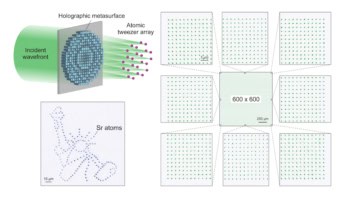Rolf Landauer, one of the most influential theoretical physicists of his generation, has died at the age of 72 from brain cancer. Landauer worked on a wide range of problems in physics in a 47 year career at IBM’s Thomas J Watson Research Centre in Yorktown Heights, New York. In particular, Landauer was the physicist who did most to establish that information is a physical quantity and that computation is a physical process.
Landauer was born in Stuttgart in 1927 but had to leave Germany because his family was Jewish. He studied physics at Harvard University in the United States and joined IBM after two years at the National Advisory Committee for Aeronautics (the body which later became NASA). At IBM Landauer became interested in the fundamental limits of computation and in 1961 he showed that, contrary to the received wisdom at the time, computation itself did not require a minimum amount of energy. However, erasing information did involve the expenditure of energy. In the 1970s Charles Bennett, who later became a colleague of Landauer’s at IBM, showed that reversible computers could overcome this limitation. Landauer’s other interests included thermodynamics and the behaviour of electrons in semiconductors. He was also director of physical sciences at IBM in the 1960s.
Landauer was a prolific letter writer, and many of his letters criticized what he saw as exaggerated claims about the potential applications of various physics-based technologies. Optical computing and, ironically, quantum computing were two of his favourite targets.



